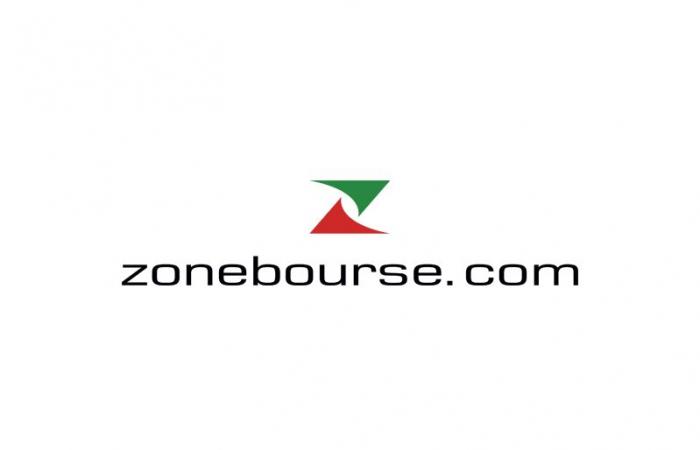UniCredit said on Monday it was challenging the conditions set by the ECB for the Italian bank to reduce its exposure to Russia, and was seeking a ruling from the EU general court and a freeze on the application in the meantime.
More than two years after Moscow’s invasion of Ukraine, euro zone banks that still have dealings with Russia have come under increasing pressure in recent weeks from European Union supervisory authorities, as well as American authorities, regarding their links with the country.
The European Central Bank has written to European lenders asking for a “clear roadmap” for exiting the Russian market. In May, Fabio Panetta, governor of the Bank of Italy and head of ECB policy, said Italian banks “need to get out” because of reputational risks.
UniCredit said in a statement that the progress made so far in reducing its activities in Russia showed that it was “fully aligned with the ECB on the importance of reducing its presence in Russia.”
However, it is “concerned by the conditions under which this reduction must take place, as provided for in the ECB decision, which go beyond the current legal framework”.
The ECB declined to comment.
After the Austrian Raiffeisen, UniCredit is the European bank most exposed to Russia, where it manages a commercial bank among the top 15.
Raiffeisen does not intend to take legal action against the ECB over the request to curtail its Russia-related activities, a spokesperson told Reuters on Monday.
“For anyone who thinks that Ukraine’s fight against Russia is important for European security, the fact that UniCredit stayed in Russia, made profits and is now suing the ECB for trying to force it out is not very encouraging,” said Nicolas Veron of the Bruegel think tank in Brussels.
UniCredit has so far reduced its cross-border exposure to Russia by 91% and its local exposure by 65%, and plans further “substantial reductions”.
European banks still active in Russia have also faced pressure from the United States.
Treasury Secretary Janet Yellen told Reuters in May that lenders were at “tremendous risk” and that Washington was considering tougher secondary sanctions against banks found to be contributing to transactions linked to Russia’s war effort.
“UniCredit has requested a provisional suspension of the (ECB) decision pending the outcome of the procedure.
Western sanctions against Russia have complicated exit efforts by European banks by reducing the number of potential buyers. Under Moscow’s restrictions, any exit is now subject to approval from President Vladimir Putin.
The Russian central bank must also give the green light.
To illustrate the difficulties, another Italian lender, Intesa Sanpaolo, has yet to finalize its exit, despite obtaining a presidential decree authorizing it to divest its Russian assets last September. (Additional reporting: Alexandra Schwarz-Goerlich in Vienna; writing: Elisa Martinuzzi and Alexander Smith)






